- Local Time: 04:21 AM
- Weather: 20 ℃ / 68 ℉
Alexander the Great, born in 356 BCE, combined education and military skill to rise to power at 20. He conquered Persia, founded Alexandria, and expanded eastward, promoting cultural fusion through marriage and Greek influence. He died in 323 BCE without an adult heir, leading to the division of his empire. His legacy endures in the Hellenistic world’s spread of Greek language, science, and art.
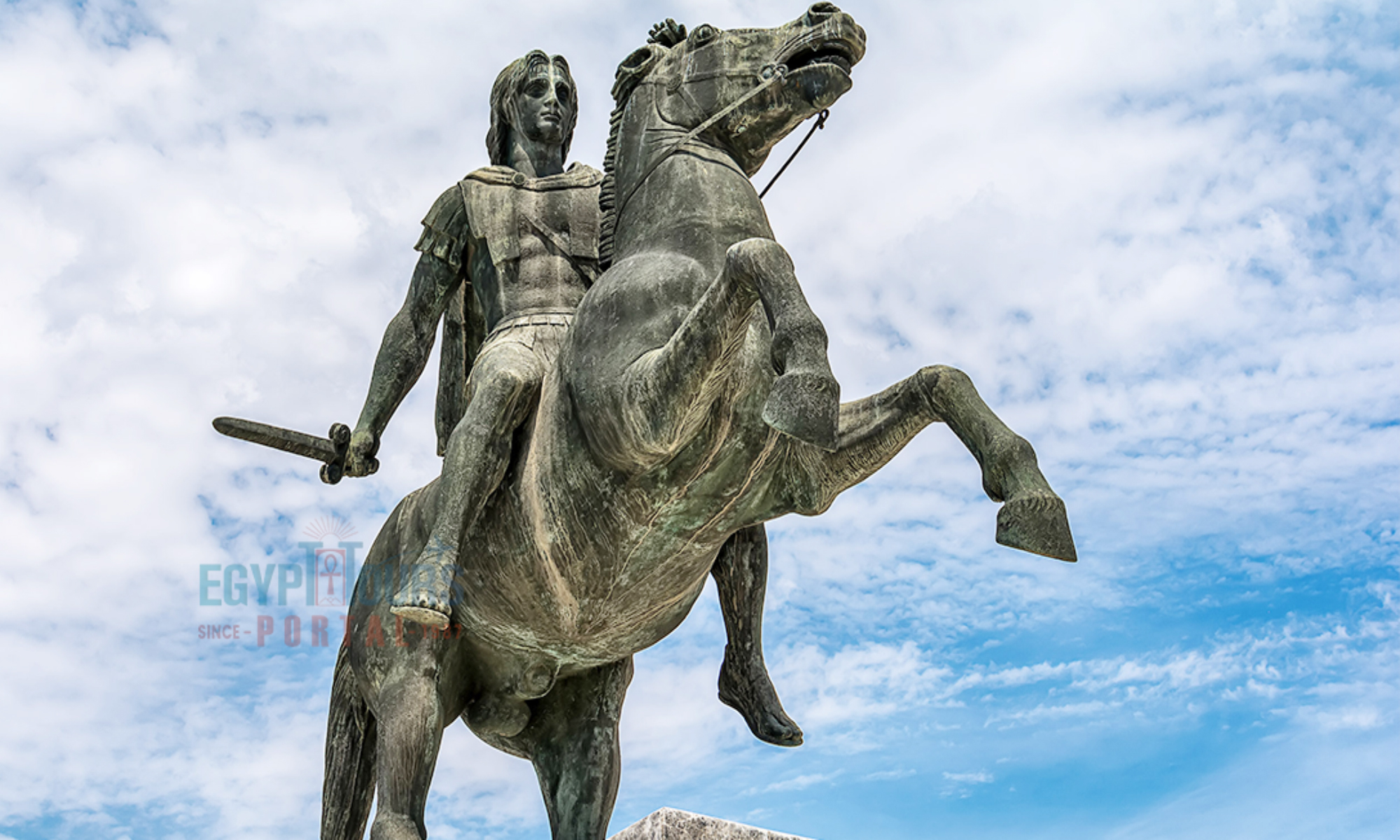
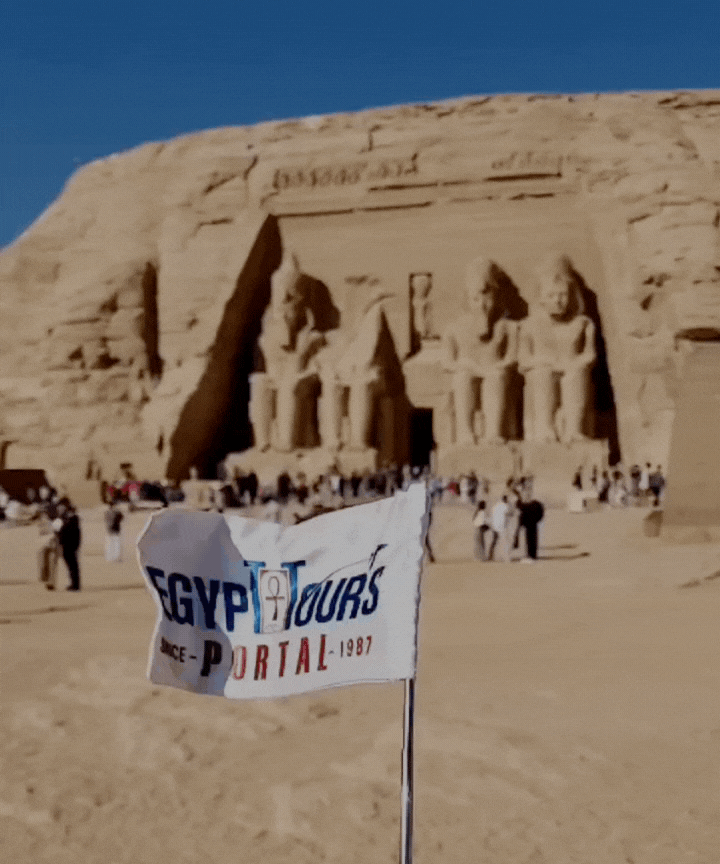
Alexander III of Macedon, "356 – 323 BC", famously known as Alexander the Great, remains one of history's most transformative figures, celebrated for his unparalleled military conquests and profound impact on the world. His life, from his birth in 356 BCE in Pella, the capital of ancient Macedonia, to his untimely death in 323 BCE, was marked by ambition, intellect, and a vision for a cosmopolitan empire.
Son of King Philip II and Queen Olympias, Alexander's upbringing combined rigorous military training with an education steeped in Greek philosophy and science, which inspired his desire to not only expand his empire but also to unify diverse cultures under a shared vision. This ambition ultimately catalyzed the Hellenistic Age, a period of cultural fusion that deeply influenced the ancient world and laid the foundations for modern civilization.
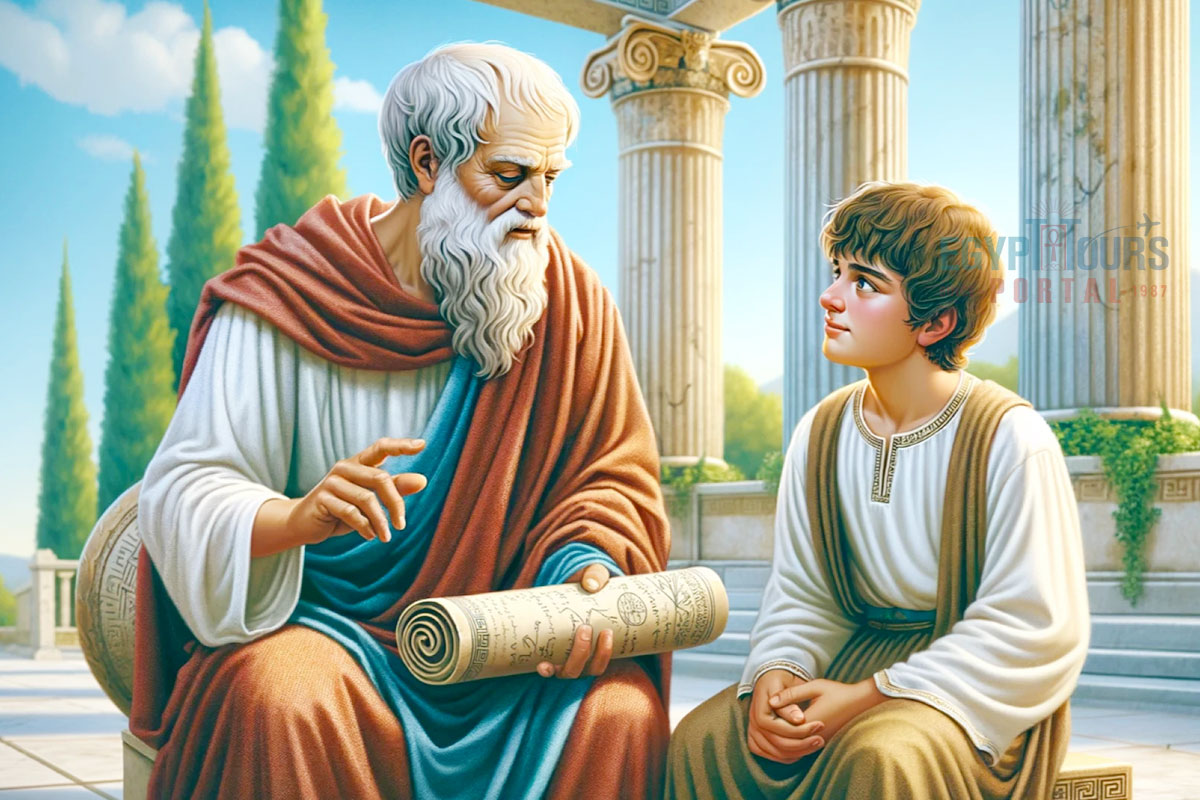
Born into the Macedonian royal family, Alexander's childhood was shaped by both the military prowess of his father, Philip II, and the spiritual influence of his mother, Olympias, who instilled in him the belief that he was of divine descent, a conviction reinforced by the Oracle of Siwa in Egypt. Philip’s numerous political alliances led to palace intrigue, which posed challenges to Alexander’s position as heir.
Yet, his intellectual and martial development continued. At age 13, Alexander began his tutelage under Aristotle, learning philosophy, science, medicine, and the arts. Through Aristotle’s teachings, he developed a profound respect for Greek culture and a deep admiration for the heroic ideals of Achilles, whom he saw as a personal role model.
Alexander’s practical training as a soldier began in his early teens as he accompanied his father on campaigns. By age 16, he was entrusted with commanding a regiment, demonstrating his early military acumen by quelling a rebellion in Thrace. At 18, he fought alongside his father in the Battle of Chaeronea, where he played a key role in securing Macedonian control over Greece.

Upon his father’s assassination in 336 BCE, Alexander ascended the throne at just 20 years old. Moving swiftly to consolidate power, he eliminated rival claimants and won the allegiance of the Macedonian aristocracy. To secure his position, he quickly asserted his authority over Greece, quelling a revolt in Thebes and ensuring the loyalty of the Greek city-states.
Alexander then assumed command of the League of Corinth, an alliance his father had established to unify Greece against Persia. This alliance provided him with the military and political backing he needed to pursue his father’s dream of a Greek-led conquest of Persia, a goal that Alexander would far exceed.

Alexander’s military campaigns began in 334 BCE with his invasion of Asia Minor, initiating what would become one of the most successful and ambitious military campaigns in history. With a highly trained Macedonian army of 32,000 infantry and 5,100 cavalry, he aimed not only to challenge Persia’s dominance but also to fulfill his vision of a world united by Greek culture.
His first major engagement was the Battle of Granicus, a victory that opened Asia Minor to his army. In 333 BCE, he confronted Persian King Darius III at Issus, securing a decisive victory that allowed him to capture Darius's family and gain substantial wealth. His campaign continued with a difficult siege at Tyre in 332 BCE, where he demonstrated remarkable tactical flexibility and resilience, and subsequently moved into Egypt, where he was welcomed as a liberator. Here, he founded the city of Alexandria, which would later become a cornerstone of Hellenistic culture.
In 331 BCE, Alexander decisively defeated Darius at the Battle of Gaugamela, which effectively secured the Persian Empire under his rule. From Persia, he pressed further east, enduring resistance in Central Asia. To stabilize these new territories, he established cities and integrated local leaders into his administration, even marrying Roxana, a Bactrian princess, to secure regional alliances.
In 326 BCE, he crossed into India, where he confronted King Porus at the Battle of Hydaspes. Despite his soldiers’ exhaustion and reluctance to continue, Alexander’s leadership led them to victory. However, their refusal to march further marked the limit of his conquests, and he began the arduous journey back to Babylon.
Discover the deep connection between the Greek and the ancient Egyptian civilization
Read More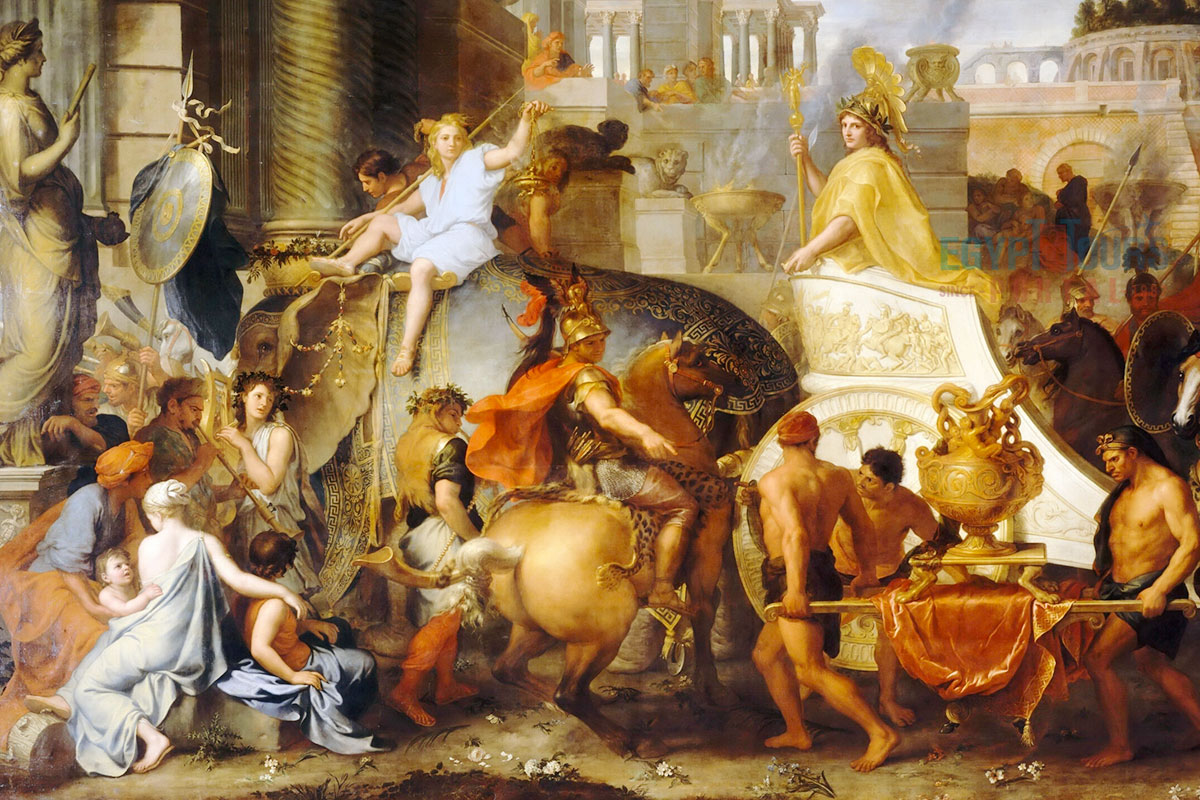
Alexander the Great's personal life, particularly his marriages, was closely tied to his political strategy and his vision for a unified, multicultural empire. Throughout his life, he had three wives: Roxana of Bactria, Stateira, the daughter of Darius III, and Parysatis, the daughter of the Persian ruler Ochus. Each marriage served to strengthen his ties with the people and nobility of the regions he conquered, bridging cultural divides and fostering loyalty among his newly acquired subjects.
Roxana: Alexander’s first and perhaps most notable wife, Roxana, was a Bactrian princess whom he married after conquering her homeland. This marriage was both a personal and political alliance, intended to secure his influence in Central Asia. Roxana would later bear Alexander’s only known son, Alexander IV of Macedon, who was born shortly after Alexander’s death in 323 BCE.
Stateira: Alexander’s marriage to Stateira, the daughter of the Persian king Darius III, symbolized his intention to integrate the Persian and Greek cultures. By marrying Stateira, Alexander not only strengthened his claim to the Persian throne but also solidified his position as a ruler who respected and included the nobility of his conquered lands.
Parysatis: In his later campaigns, Alexander also married Parysatis, the daughter of Artaxerxes III, another Persian king. This union, like his marriage to Stateira, aimed to unite the Macedonian and Persian royal lines, further reinforcing his goal of blending Eastern and Western traditions.
These marriages reflected Alexander's broader ambitions for a multicultural empire where Greek and Eastern customs could coexist. However, after his death, his plans for a dynastic legacy were cut short. His only son, Alexander IV, was born posthumously and was later killed during the struggles for succession that ensued. Consequently, the lineage of Alexander the Great came to a tragic end, leaving his empire to be divided among his generals, who established their own dynasties in the territories he had conquered.
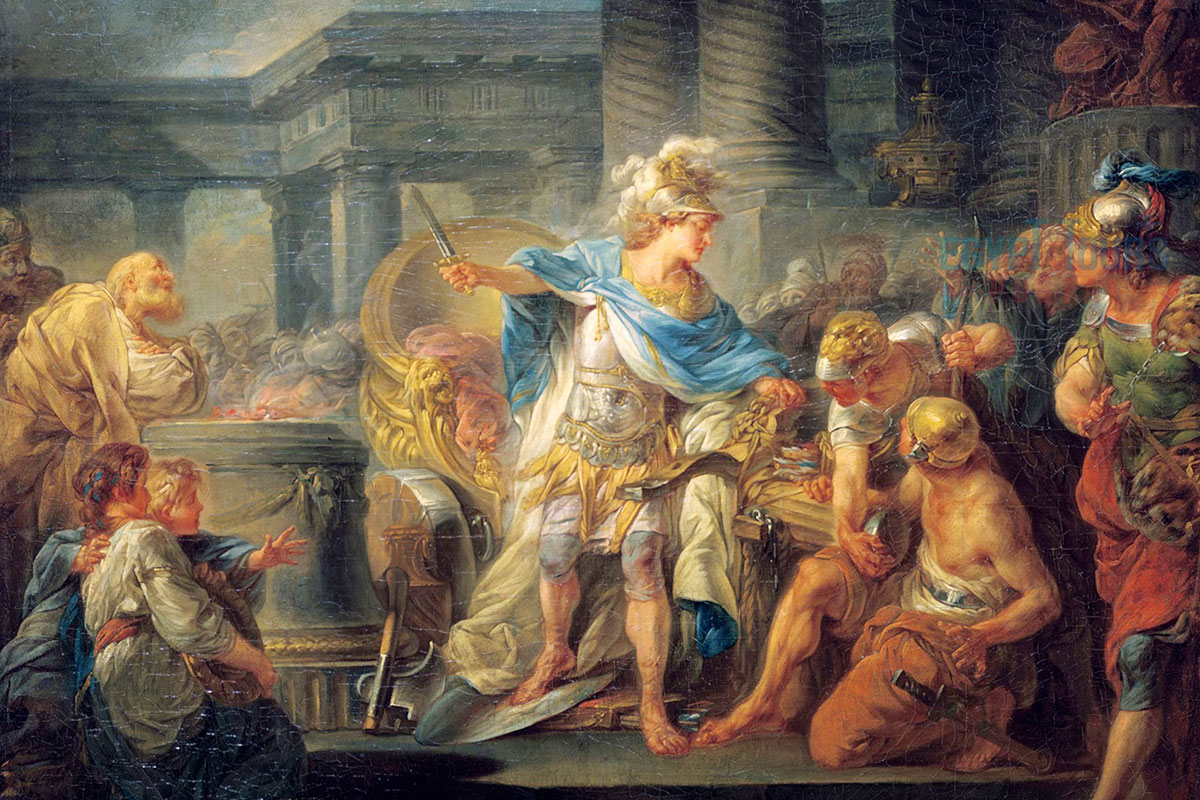
Alexander’s vision extended beyond conquest. His goal was to establish a harmonious, multicultural empire that blended Greek and Eastern traditions. Unlike many conquerors, he saw cultural integration as a means to unify his vast territories. He encouraged intermarriage, fostered cultural exchanges, and established Greek-style cities across his empire as centers for governance, trade, and education.
In Egypt, Alexander declared himself the son of Amun-Ra and adopted Egyptian titles, positioning himself as both a Greek king and an Egyptian pharaoh. He honored local deities, integrated Persian court customs, and respected the cultures of the territories he conquered. These actions fostered loyalty and goodwill among his diverse subjects, paving the way for the Hellenistic Age, a period during which Greek and Eastern cultures intermingled, giving rise to advancements in art, philosophy, and science.
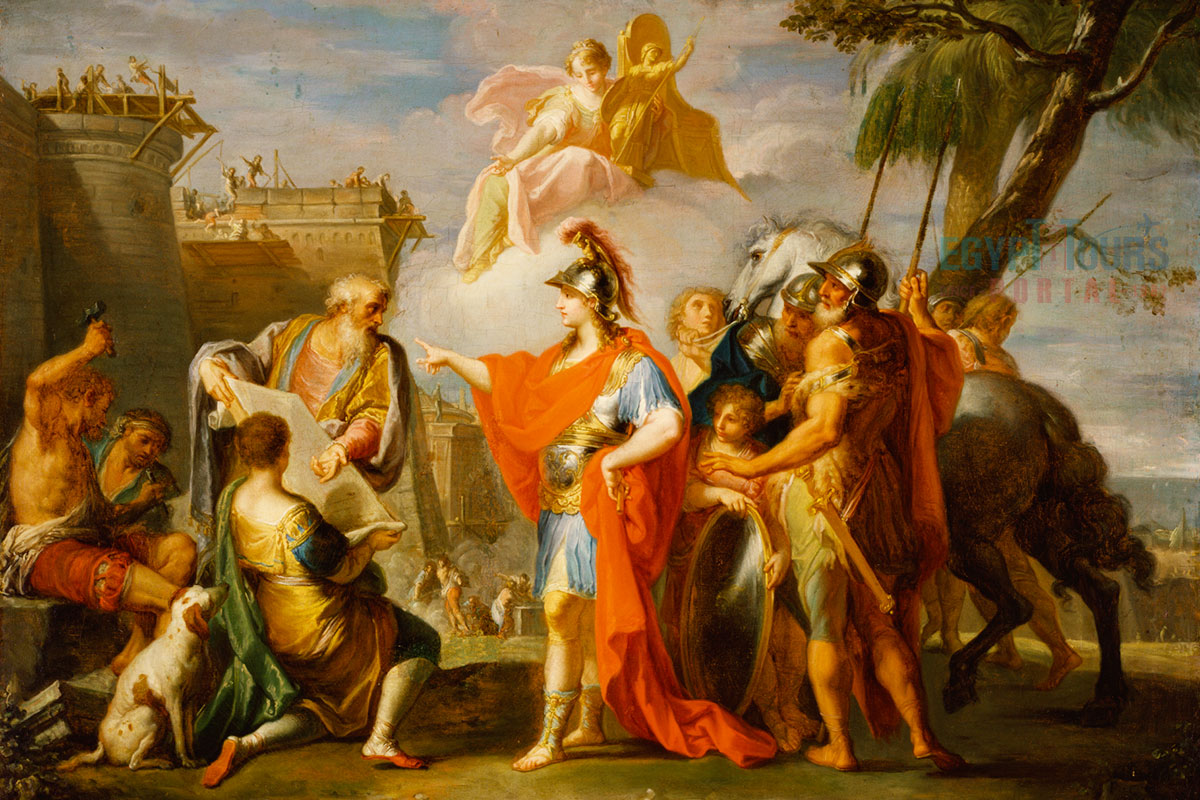
Alexander’s beliefs were influenced by his mother’s claim that he was the son of Zeus. This notion of divine lineage was confirmed by the priests at the Oracle of Siwa, who recognized him as the son of Zeus-Ammon. He embraced this identity, often portraying himself as a demigod similar to Greek heroes like Achilles and Hercules. His religious tolerance extended to the lands he conquered, where he respected local deities and participated in regional rituals. By embracing religious inclusivity, Alexander promoted a model of governance that valued cultural diversity, which helped secure his empire’s loyalty.
Explore more magnificent details about the rituals, beliefs, and gods of the religion of the ancient Egyptians.
Read More
In 323 BCE, Alexander fell ill in Babylon and died suddenly at age 32. His death left a power vacuum in an empire without a clear successor, as his only son, Alexander IV, was born after his death. The lack of a succession plan led to the Wars of the Diadochi, where his generals fought for control of the empire. This struggle resulted in the division of his territories into several Hellenistic kingdoms. Ptolemy seized Egypt, establishing the Ptolemaic Dynasty, while Seleucus took control of Persia and Mesopotamia, founding the Seleucid Empire.
Although his empire fragmented, Alexander’s vision for cultural unity persisted, with the Hellenistic kingdoms continuing to spread Greek language, thought, and art, leaving an enduring legacy across the Mediterranean and Asia.
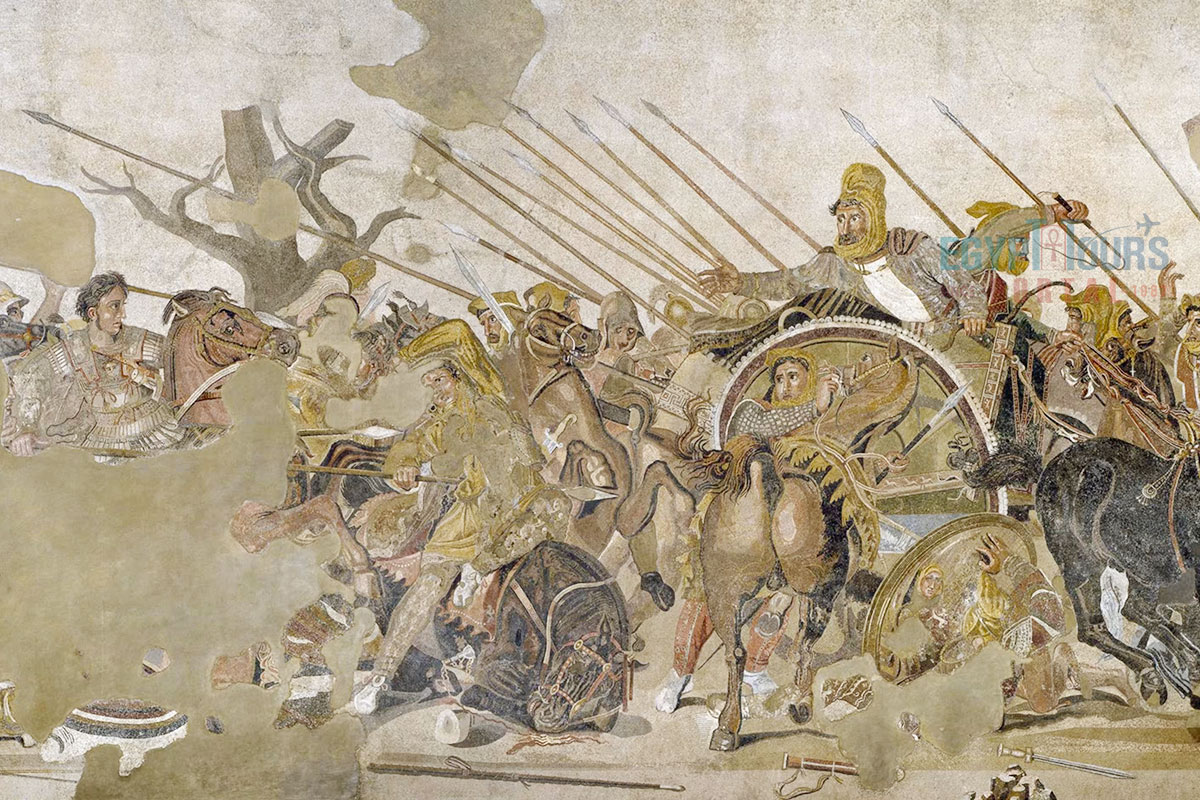
Alexander’s influence extended far beyond his military achievements. The cities he founded became centers of Hellenistic culture, which blended Greek, Persian, Egyptian, and Indian elements. Koine Greek emerged as a lingua franca, facilitating communication and trade across regions. This common language also supported the exchange of ideas in philosophy, science, and art, fueling advancements in disciplines such as mathematics, astronomy, and medicine. Alexandria, in particular, became an intellectual hub with its renowned Library and Museum, attracting scholars from around the ancient world.
Notably, Alexander’s legacy in the Hellenistic Age also encompassed advances in visual arts, architecture, and theater. Greek artistic styles influenced sculpture and architecture, merging with local traditions to create a unique Hellenistic style that celebrated both the human form and cultural symbolism.
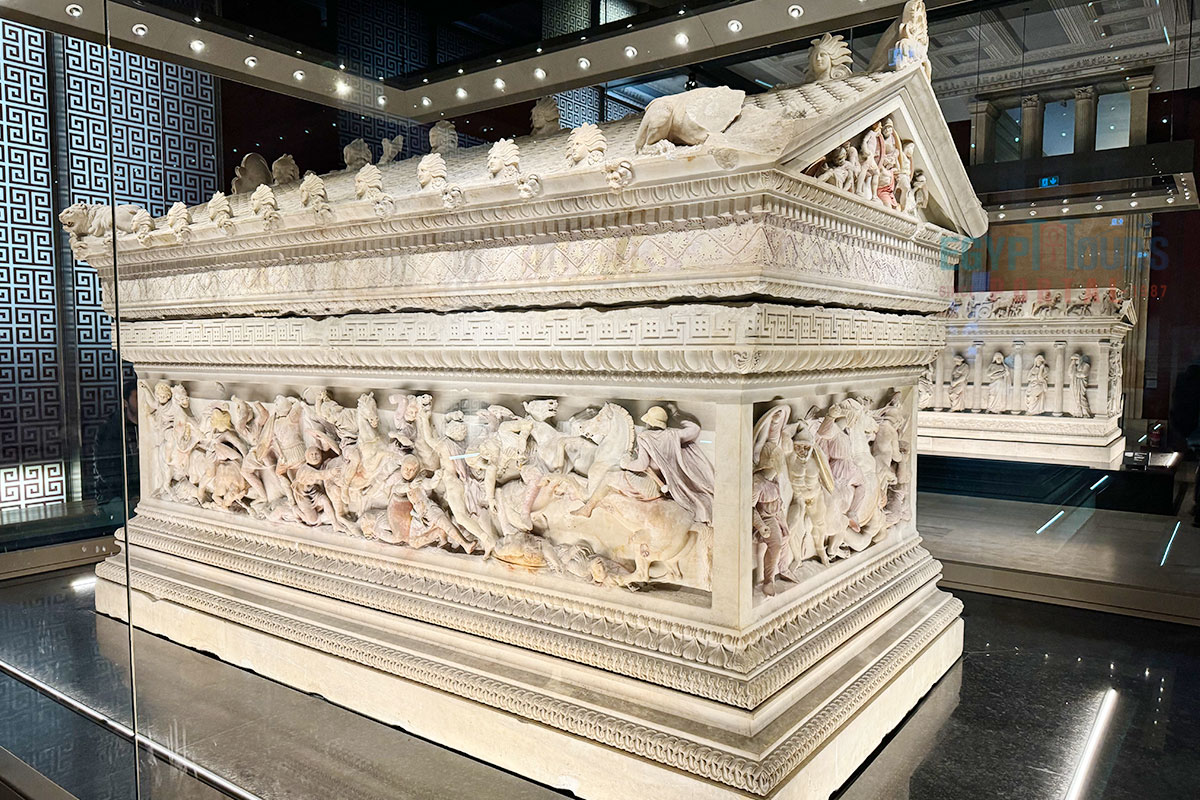
The final resting place of Alexander the Great remains one of history’s greatest mysteries. Tradition holds that his body was initially taken to Memphis before being moved to Alexandria. Ancient sources suggest that Ptolemy sought Alexander’s remains to bolster his legitimacy as the ruler of Egypt. Despite numerous searches over centuries, the tomb’s location remains unknown, adding to the mystique of his life and the legend of his legacy.

Alexander’s dream of a world united through cultural exchange and mutual respect endured long after his empire dissolved. His life and conquests catalyzed the Hellenistic Age, a period defined by remarkable advances in science, philosophy, and the arts. Scholars like Euclid in mathematics, Archimedes in physics, and Eratosthenes in geography emerged during this time, contributing to a legacy of knowledge and discovery.
Through his campaigns and vision of cultural integration, Alexander transformed the ancient world. His promotion of Hellenistic ideals established a legacy of intellectual and cultural flourishing that would influence the Roman Empire and, ultimately, Western civilization. Today, Alexander remains a symbol of visionary ambition, a testament to the enduring power of cultural unity, and a figure whose life illustrates humanity’s potential for greatness when united in pursuit of knowledge, understanding, and cooperation.
No country around the world is more blessed with culture, history, civilization, and mythology than Egypt, Egypt has a magical legacy that is still being discovered until this era, so you can explore Egypt breathtaking temples, tombs, and museums during your trip to Egypt, book one of our stunning Egypt tours or Nile cruises and live the vacation you deserve.
Private 4 Days Cairo Tour Packages for South African Travelers 4 days Cairo Egypt To...
Tour Location: Cairo – Giza...
5 Days Cairo and Alexandria Tour Package For South African Travelers 5 days Cairo an...
Tour Location: Cairo/Giza/Alexandria...
6 Days Cairo, Luxor & Aswan Tour Package For South African Travelers 6 days Cair...
Tour Location: Cairo/Giza/Aswan/Luxor...
Amazing 7 Days Cairo and Hurghada Holiday for South African Travelers 7 Days Cairo &...
Tour Location: Cairo – Giza – Hurgh...
No one defeated Alexander the Great in battle; he remained undefeated throughout his campaigns. His military career ended when he died of an illness in 323 BCE in Babylon. His empire fragmented after his death as his generals, known as the Diadochi, fought over control.
Ancient accounts vary, but it’s widely suggested that Alexander was around 5’5” to 5’7” (165–170 cm), which was considered average height for a Greek man of his time. Despite his stature, he commanded a towering presence on the battlefield, inspiring both fear and loyalty among his soldiers.
Alexander the Great is best known for his unparalleled military conquests, which extended Greek influence across three continents and initiated the Hellenistic Period. His ability to lead and adapt to diverse challenges, combined with his ambition to unite cultures, made him a legendary figure in both ancient and modern history. He founded over 20 cities, promoted cultural exchange, and left a lasting legacy in arts, philosophy, and governance.
Alexander died without naming a clear successor. His only legitimate child, Alexander IV, was born posthumously to his wife Roxana. This lack of an established heir led to infighting among his generals, who divided his empire after his death.
At the height of his power, Alexander’s empire stretched approximately 5.2 million square kilometers, encompassing Greece, Egypt, the Persian Empire, and parts of India. His vast conquests created one of the largest empires in history, spanning from the Mediterranean to the Indus Valley.
Alexander spoke a dialect of Greek, specifically the Northern Greek dialect of Koine, which was also commonly spoken in Macedonia. Through his conquests, he helped spread Greek as a lingua franca across his empire, a legacy that endured through the Hellenistic Period.
Alexander’s success as a leader stemmed from his bold strategic mind, charisma, and ability to inspire loyalty among his troops. His willingness to embrace local customs and culture in conquered regions strengthened his rule and fostered unity within his vast empire. Moreover, his relentless pursuit of knowledge, demonstrated by his patronage of scholars and scientists, reflected a vision that transcended mere conquest and sought to integrate diverse cultures under a shared Hellenistic civilization.
The entire country of Egypt deserve to be explored with its every heavenly detail but there are places that must be seen before any other such as the breathtaking Hurghada's red sea, The wonders of Cairo the pyramids of Giza, the great sphinx, the Egyptian Museum, Khan El Khalili Bazaar, the wonders of Luxor like Valley of the Kings, Karnak & Hatshepsut temple and the wonders of Aswan such as Abu Simbel temples, Philea temple, Unfinished obelisk and The Wonders of Alexandria like Qaitbat Citadel, Pompey's Pillar and Alexandria Library. Read more about the best places to visit in Egypt.
If you want to apply for a Visa On Arrival that lasts for 30 days then you should be one of the eligible countries, have a valid passport with at least 6 months remaining and pay 25$ USD in cash, as for the E-Visa for 30 day you should have a valid passport for at least 8 months, complete the online application, pay the e-visa fee then print the e-visa to later be presented to the airport border guard. You could also be one of the lucky ones who can obtain a free visa for 90 days. Read more about Egypt travel visa.
Egypt has a variety of delicious cuisines but we recommend “Ful & Ta’meya (Fava Beans and Falafel)”, Mulukhiya, “Koshary”, a traditional Egyptian pasta dish, and Kebab & Kofta, the Egyptian traditional meat dish.
The best time to travel to Egypt is during the winter from September to April as the climate becomes a little tropical accompanied by a magical atmosphere of warm weather with a winter breeze. You will be notified in the week of your trip if the Climate is unsafe and if any changes have been made.
You should pack everything you could ever need in a small bag so you could move easily between your destinations.
We have been creating the finest vacations for more than 20 years around the most majestic destinations in Egypt. Our staff consists of the best operators, guides and drivers who dedicate all of their time & effort to make you have the perfect vacation. All of our tours are customized by Travel, Financial & Time consultants to fit your every possible need during your vacation. It doesn't go without saying that your safety and comfort are our main priority and all of our resources will be directed to provide the finest atmosphere until you return home.
You will feel safe in Egypt as the current atmosphere of the country is quite peaceful after the government took powerful measures like restructuring the entire tourist police to include all the important and tourist attractions in Egypt. Read more about is it safe to travel to Egypt.
Wear whatever feels right and comfortable. It is advised to wear something light and comfortable footwear like a closed-toe shoe to sustain the terrain of Egypt. Put on sun block during your time in Egypt in the summer to protect yourself from the sun.
The best activity is by far boarding a Nile Cruise between Luxor and Aswan or Vise Versa. Witness the beauty of Egypt from a hot balloon or a plane and try all the delicious Egyptian cuisines and drinks plus shopping in old Cairo. Explore the allure and wonders of the red sea in the magical city resorts of Egypt like Hurghada and many more by diving and snorkeling in the marine life or Hurghada. Behold the mesmerizing western desert by a safari trip under the heavenly Egyptian skies.
There are a lot of public holidays in Egypt too many to count either religious or nation, the most important festivals are the holy month of Ramadan which ends with Eid Al Fitr, Christmas and new years eve. Read more about festivals & publich holidays in Egypt.
Egypt is considered to be one of the most liberal Islamic countries but it has become a little bit conservative in the last couple of decades so it is advised to avoid showing your chest, shoulders or legs below the knees.
Arabic is the official language and Most Egyptians, who live in the cities, speak or understand English or at least some English words or phrases. Fewer Egyptians can speak French, Italian, Spanish, and German. Professional tour guides, who work in the tourism sector, are equipped to handle visitors who cannot speak Arabic and they will speak enough English and other languages to fulfill the needs of all our clients.
The fastest way is a car, of course, a taxi. If you are in Cairo ride a white taxi to move faster or you could board the fastest way of transportation in Egypt metro if the roads are in rush hour.
The temperature in Egypt ranges from 37c to 14 c. Summer in Egypt is somehow hot but sometimes it becomes cold at night and winter is cool and mild. The average of low temperatures vary from 9.5 °C in the wintertime to 23 °C in the summertime and the average high temperatures vary from 17 °C in the wintertime to 32 °C in the summertime. The temperature is moderate all along the coasts.
It is the home of everything a traveler might be looking for from amazing historical sites dating to more than 4000 years to enchanting city resorts & beaches. You will live the vacation you deserve as Egypt has everything you could possibly imagine.









